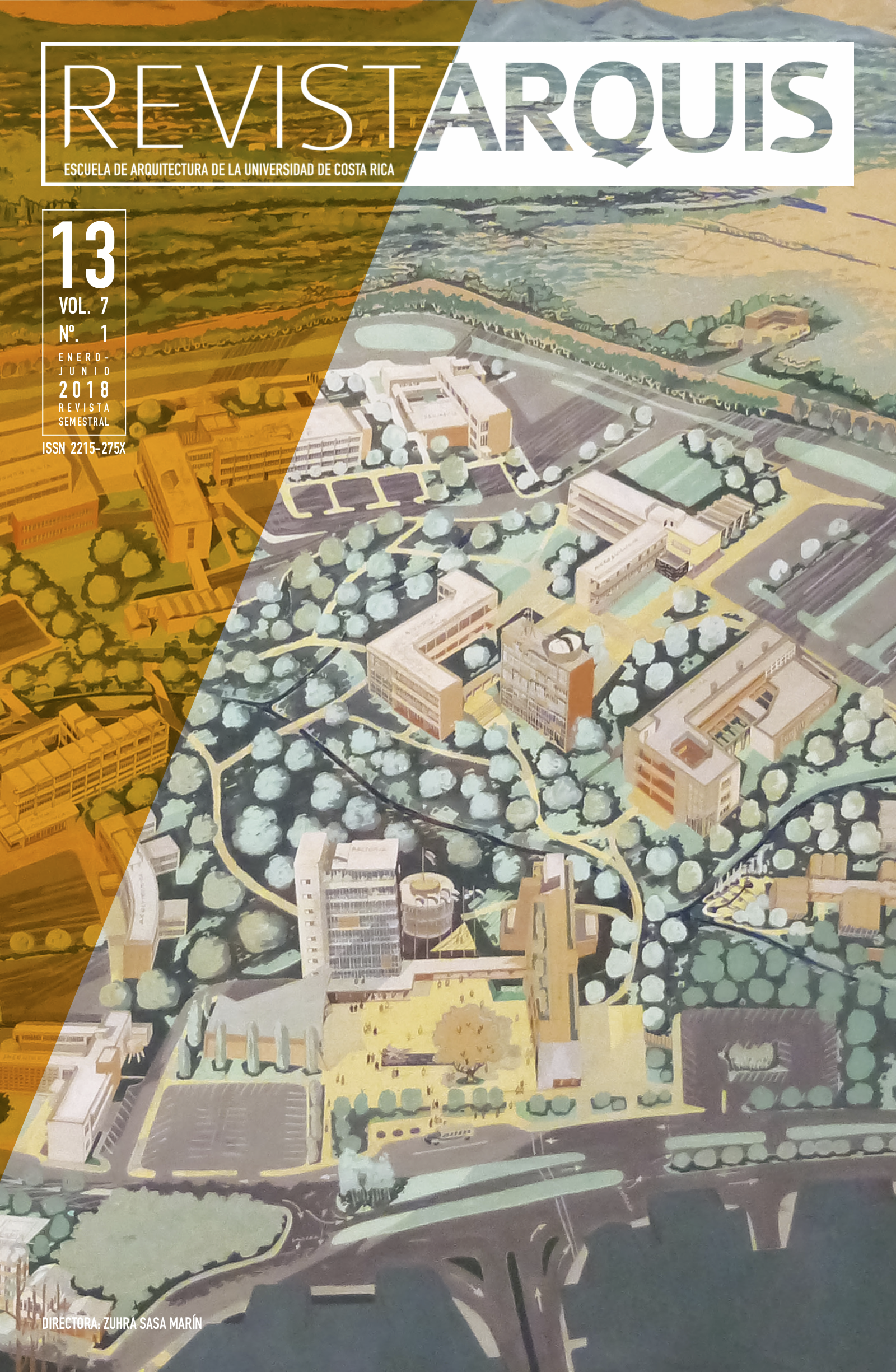Abstract
In the field of Architecture, it is very common that the topics revolve around a project (built or buildable construction), an intervention or other physical objects and their corresponding design, as the academic institutions tend to instill that the work of architects consists in giving response to the needs of society through built constructions. This has led us to overvalue the tangible objects and results, above the metaphysical aspects and processes, in such way that students, occasionally, visualize their architectural endeavors as a mechanical act, merely practical and focused on obtaining a product, rather than using the design project as a learning tool. In the wake of this concern, arose the idea to vindicate the importance of cognition, which is represented in this essay through the concepts of: amazement, experimentation and sharing discoveries, as a way to place value on the intellectual concerns of future architects, stimulating entrepreneurship and self-questioning, and generating a change in the paradigm of ‘teaching through a method’, to ‘learning through experience’. The latter means to stop the visualization of learning as a sequence of guidelines to be satisfied and start the promotion of cognitive values and real-life experiences, since this awareness allows a more comprehensive approach to the implicit variables in design and fuels the student’s, teacher’s and educational system’s role, as constructors of new knowledge.

